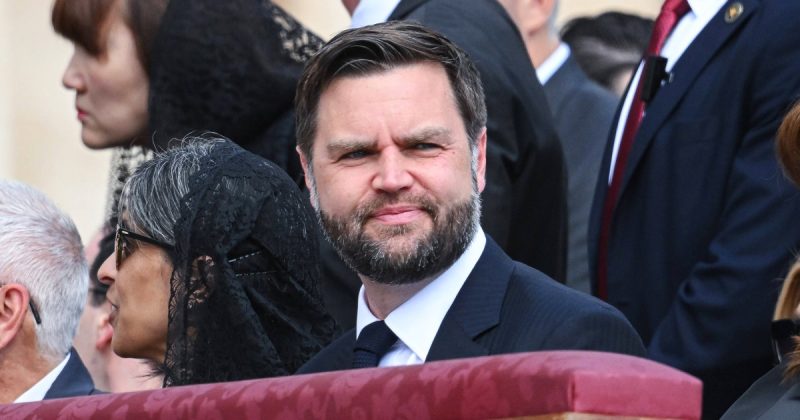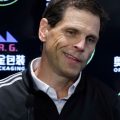
Vice President JD Vance’s recent trip to Rome wasn’t just about attending the inaugural Mass of Pope Leo XIV; it marked a significant shift in US foreign policy, showcasing Vance’s increasingly prominent role on the world stage. While juggling meetings with presidents and prime ministers, navigating complex relationships with US allies, and grappling with ongoing global conflicts, Vance prioritized a meeting with the newly installed Pope. This meeting, he stressed in an interview with NBC News, could prove pivotal in President Trump’s efforts to broker peace in areas like Ukraine and Israel.
The nearly hour-long audience with Pope Leo XIV, along with Secretary of State Marco Rubio, focused heavily on the situations in Israel and Gaza, and the ongoing conflict in Ukraine. Vance expressed optimism about the Vatican’s willingness to be a constructive partner in peace negotiations. He described the Pope as “extremely sweet” and the conversation as substantive – a notable development given Pope Leo’s previously expressed disapproval of certain Trump administration policies. President Trump himself later hinted at the Pope’s potential role in the Russia-Ukraine talks, further emphasizing the significance of this meeting.
Vance highlighted the unique position of the Pope, describing him as “an American pope of the world’s largest single religion — a guy who doesn’t have an army, but who I think has an incredible amount of capacity to convene and to influence, not just Europe, but, really, the entire world.” He expressed hope that this relationship would lead to less violence and humanitarian crises.
The Vatican’s official statement acknowledged the meeting and the shared desire for peace and adherence to international law. Vance’s extensive international travels this year, including visits to India, Paris, Munich, and Greenland, underscore his expanded role in Trump’s administration, particularly given the President’s limited appetite for overseas travel. While Vance downplayed any deliberate strategy behind his own increased international activity compared to the President’s, he acknowledged the significant trust President Trump places in him.
This trip wasn’t solely focused on the Vatican. Vance also met with Ukrainian President Zelenskyy, Italian Prime Minister Giorgia Meloni, and leaders from Canada and the UK. The meeting with Zelenskyy, following a previous Oval Office clash, was notably amicable, with both leaders publicly emphasizing their shared goal of ending the bloodshed. Vance also praised Meloni’s diplomatic skills, highlighting her ability to be both a good listener and direct communicator. Discussions with Canadian Prime Minister Mark Carney centered on trade policy, a significant issue between the two countries.
Vance’s actions have placed him alongside Secretary of State Rubio as a key figure in Trump’s foreign policy, leading to speculation about a potential 2028 rivalry between the two. However, Vance dismissed these suggestions, emphasizing their close working relationship and mutual trust. He characterized their communication as frequent and collaborative, suggesting a strong partnership rather than a competition.
In conclusion, Vice President Vance’s trip to Rome, and particularly his meeting with Pope Leo XIV, marks a significant development in US foreign policy. His expanding international role, coupled with his strong working relationships with both the Pope and other world leaders, positions him as a key player in shaping the future direction of American diplomacy.









